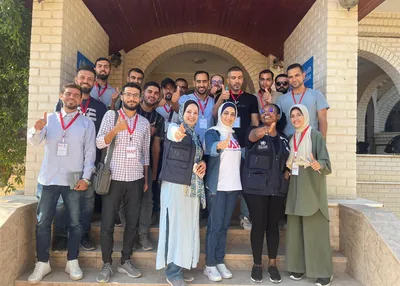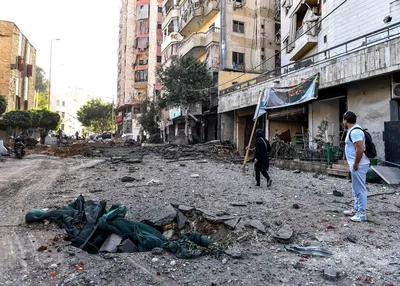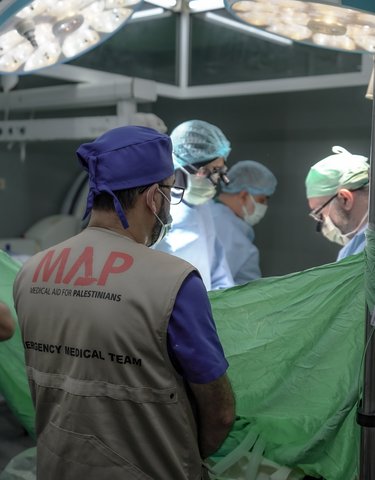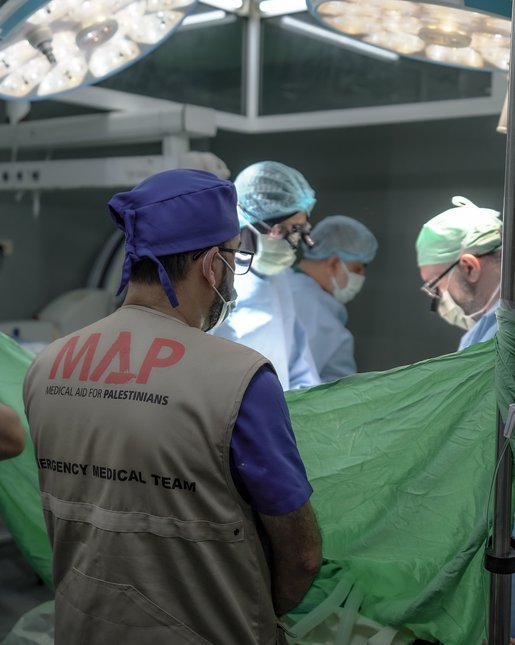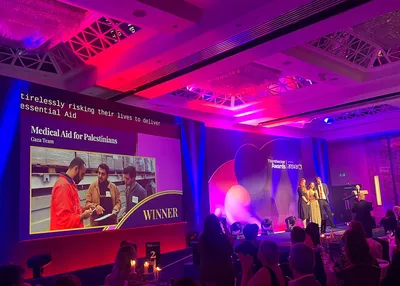“My younger brother and I were the only survivors in the family”
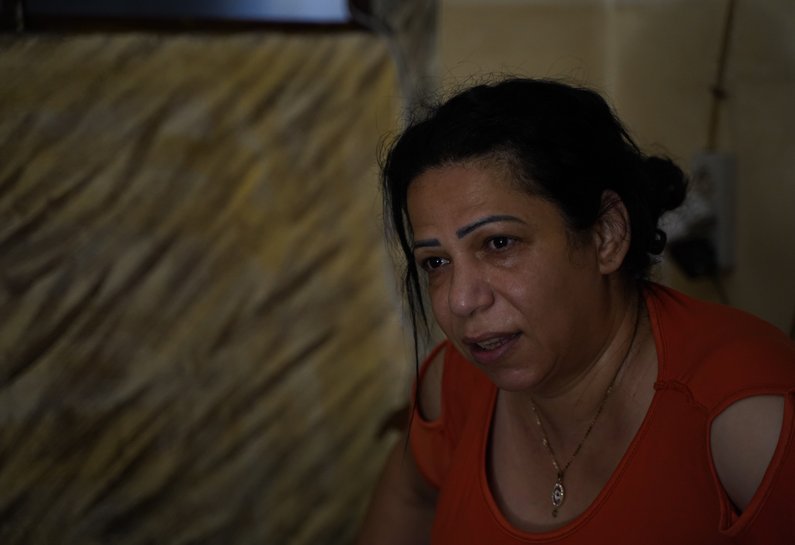
This story is part of a series of interviews with Palestinian refugees on the 39th anniversary of the Sabra and Shatila massacre. See the series here.
Content warning: This interview contains potentially distressing details of violent attacks on civilians.
Nohad’s family was displaced from Haifa in Palestine during the Nakba (meaning ‘catastrophe’ in Arabic) in 1948 and sought refuge in Shatila camp. Growing up, Nohad did not get the chance to hear many stories about what life was like in Palestine, like other Palestinian children. She lost her parents and older sister when she was only a young child.
“I don’t remember much from my childhood but there are things that I can’t forget,” Nohad told us. “In 1982, during the Sabra and Shatila massacre, my family tried to escape Shatila camp. I remember we were running barefoot and I was very hungry. I was with my mother and aunt Shakira, and we were passing by dead bodies that looked strange – probably because they were brutally killed or had been dead for a while. My mother was trying to protect me and didn’t want me to see these horrible scenes.”
“My father was beheaded; he died in a terrible way. They cut his head off with an axe. He was killed in the street behind this house. My 20-year-old sister was killed too. She was eight months pregnant. She begged them not to kill her because she wanted her baby to live, but they didn’t listen. They opened her belly with a butcher’s knife and took out the fetus and killed it too. They were merciless. Shortly after the massacre, my mother had a heart attack and died; she could not deal with her sorrow and losses. My younger brother and I were the only survivors in the family,” said Nohad.
Shortly after the massacre, my mother had a heart attack and died; she could not deal with her sorrow and losses. My younger brother and I were the only survivors in the family.
Nohad feels angry that after almost 40 years, the victims of the massacre have not received justice and Palestinian refugees are still suffering. She is living in desperate conditions and has no one around to support her. Nohad’s husband left soon after Ahmad was born and he does not support the family financially or play any part in raising him. Nohad tried seeking assistance from UNRWA, the United Nations agency for Palestinian refugees, and from other charities in the camp. But she has not received any assistance.
Nohad is paid just 35 US dollars a month, which is not enough to buy the basic necessities for Ahmad, let alone herself. “Look at how we are living now; we don’t want this life in Lebanon,” she said. “In Lebanon, if we get sick, we don’t find medicine. We stay in the dark most of the day. I sleep on the floor every day because the house is too hot, and we don’t have electricity to operate a fan. Children get hungry and we are not able to secure food for them. These living conditions should not be acceptable.”
“Lebanon has severe political and economic problems, and we are suffering,” Nohad continued. “The politicians took the country to this bad place. They don’t want Palestinian refugees in Lebanon. Palestinian refugees have no rights in this country.”
Despite the ongoing crisis, Nohad clings onto the hope that one day she and Ahmad will be able to return home to Palestine. “We will never let go of our right to return to our country,” she said. “I want to ask the international community to help Palestinian refugees leave Lebanon to any country where we can live with dignity and where our rights and essential needs are secured until our return to Palestine is possible. But until this return is possible, we want to live with dignity.”
You can support Palestinian refugees in Lebanon during the economic crisis by making a donation to MAP today.
*Names have been changed to protect identities.
Photo: Ahmad Laila / Medical Aid for Palestinians.
Related content
